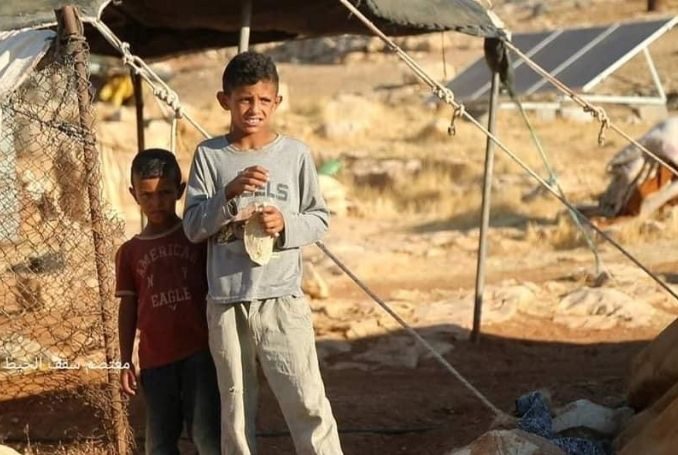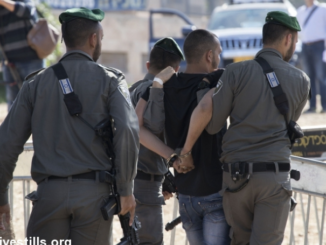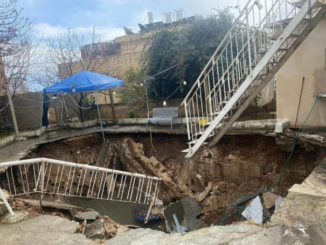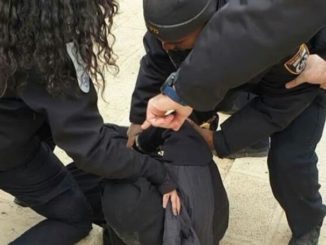
Israel today demolished eight makeshift structures in the Bedouin community of Wadi al-Seeq, situated to the northeast of Ramallah district, according to the Palestinian news agency WAFA.
Local sources confirmed that a large Israeli military force escorted a bulldozer into the community, established on rented land belonging to the adjacent towns of Deir Dibwan, Rammun and Taybeh, where the heavy machine tore down the structures, displacing their occupants, and seizing their contents.
WATCH: Israeli occupation forces demolished 8 residential barracks in the Wadi Al-Seeq Area near Ramallah this morning, displacing 3 families from the Ka'abneh clan. pic.twitter.com/1Tt4FpAeHK
— VPalestine (@VPalestineT) August 25, 2020
Owners of the demolished structures were identified as three members of the Ka‘abneh clan.
As one of 46 Palestinian Bedouin communities at the risk of forcible transfer in the northeastern Ramallah district, Wadi al-Seeq is a home of some 150 people, 62 percent of whom are children, and their flock, as housed in approximately 100 makeshift structures.
They depend on the sale of their dairy products and wool in local markets for their livelihood. They are neither connected to water or electricity networks and rely on the costly delivery of water tanks and solar panels.
The community was expelled from their lands in the Naqab in 1948 to the Jordan Valley, becoming refugees, and eventually settled in Wadi al-Seeq, where they have resided in the West Bank prior to its occupation in 1967 or the designation of certain lands as “C” following the Oslo Accords, as confirmed by the Jerusalem Legal Aid and Human Rights Center (JLAC).
“Yet, the community, as all Bedouin communities in the West Bank, has been continuously targeted by the State of Israel for its presence in key areas earmarked for effective annexation (i.e. the Jordan Valley and the Jerusalem periphery).”
The community falls along the Alon settlement road (Road No. 458) connecting the illegal settlement blocs Kochav Hashachar, Rimonim and Ma’ale Michmash, on route to the Jordan Valley.
Its vulnerability to forceful displacement is exacerbated by the footpaths frequented by Israeli hikers and violent Jewish settlers.
(WAFA, PC, Social Media)







